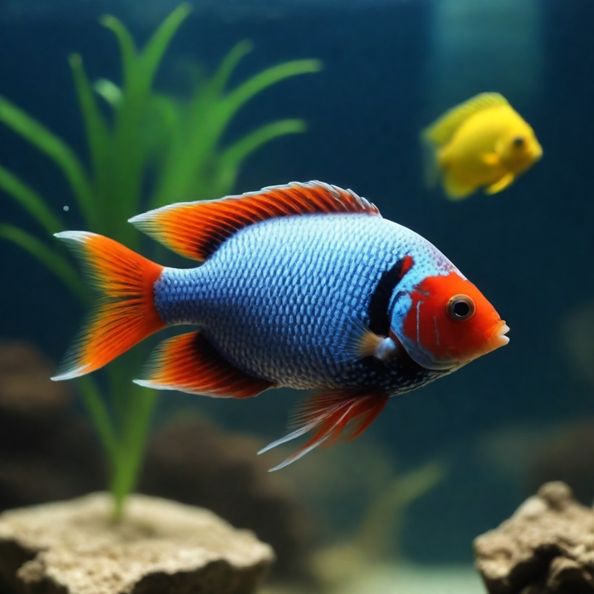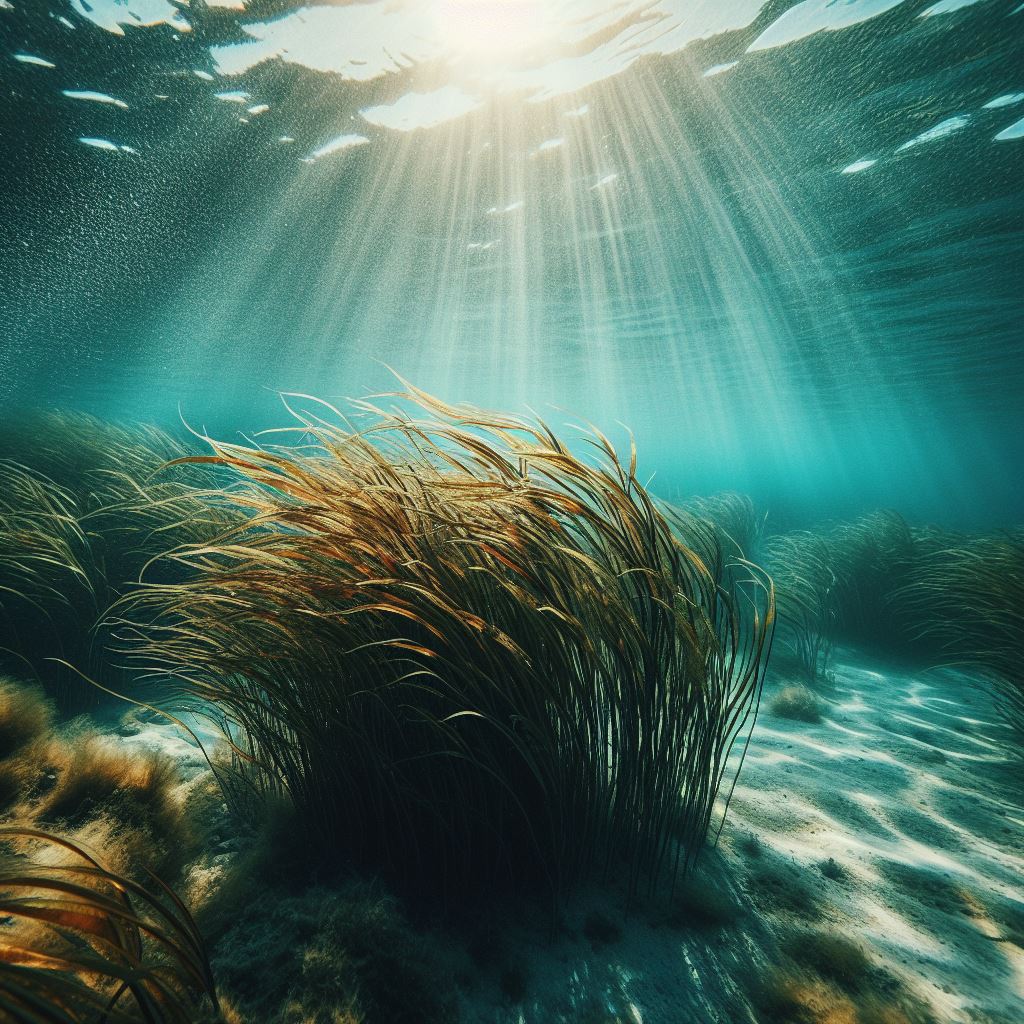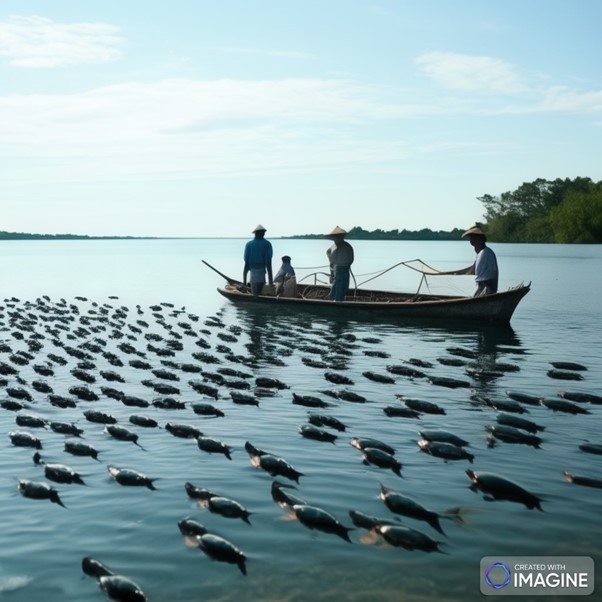By: Keng Chin Lim, Fatimah Md. Yusoff, Mohamed Shariff and Mohd. Salleh Kamarudin
Article Prepared By: Farah Izana Abdullah
Fish under intensive aquaculture conditions are frequently subject to various physical environmental stressors which severely limit the effectiveness of their immune system and resistance to pathogenic agents such as bacteria, fungi, parasites, and viruses. Astaxanthin has important applications in the current aquaculture industry as a feed additive and dietary supplement, owing to its antioxidant potency and multiple biological functions for example skin or flesh pigmentation, immune system boosting, stress alleviation, and positive impacts on growth performance and survival. Hence, the present study was undertaken to investigate the influence of different dietary levels of astaxanthin on the hemato-biochemical variables, innate immunity, and disease resistance of Asian seabass to infectious V. alginolyticus, with reference to dose-response associations and variations through distinct post-infection periods.
Experimental infection unveiled that supplemented fish demonstrated significant improvements of hematological parameters such as WBC and RBC counts, and hemoglobin and hematocrit levels; enhance the serum biochemical profile such as AST, 4 ALT, glucose, cortisol, cholesterol, and triglyceride contents of challenged fish, resulting in better welfare. Additionally, immunological defense mechanisms such as lysozyme activity, phagocytic activity, respiratory burst activity, and total serum immunoglobulin of challenged fish were pronouncedly elicited following the ingestion of astaxanthin. Besides, supplementation with dietary astaxanthin significantly augmented the post-challenge survival rate of fish. Therefore, dietary astaxanthin can act as a promising immunostimulatory agent in the management of bacterial diseases, which ultimately contributes to the betterment of fish welfare and sustainable aquaculture for economic growth.
Web: https://doi.org/10.1016/j.fsi.2021.03.025
Date of Input: 23/12/2022 | Updated: 23/12/2022 | m_fakhrulddin
MEDIA SHARING




























